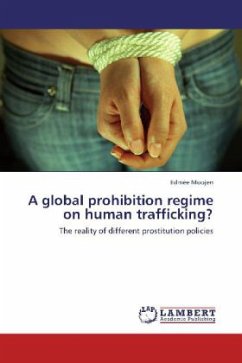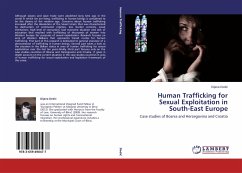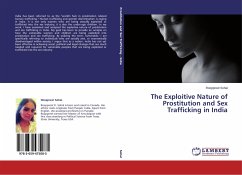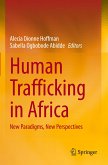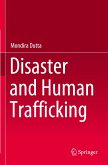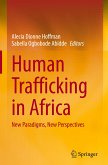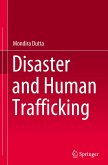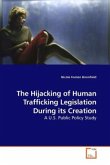In the past decade, trafficking in human beings for sexual exploitation has become an issue of increasing attention in many countries, international organizations and non-governmental organizations. The debates and campaigns, advocating a global prohibition regime on human trafficking, have been shaped by discourses on prostitution. Therefore, the international anti-trafficking movement remains deeply divided, due to the sharply opposing views concerning the appropriate legal status of prostitution. This study focuses on two countries in the European Union, Bulgaria and the Netherlands. Both are dealing with the phenomenon of trafficking in human beings for sexual exploitation albeit from a different perspective (either as a country of origin, Bulgaria, or as a country of destination, the Netherlands). Nevertheless, both countries have formulated opposite policies on prostitution to tackle the very same phenomenon. The aim of this study is not to prove wrong either of the two policies but it aims at illustrating that, whereas both policies were established with the same goal of combating human trafficking, they also have another important similar effect, though rather negative.

